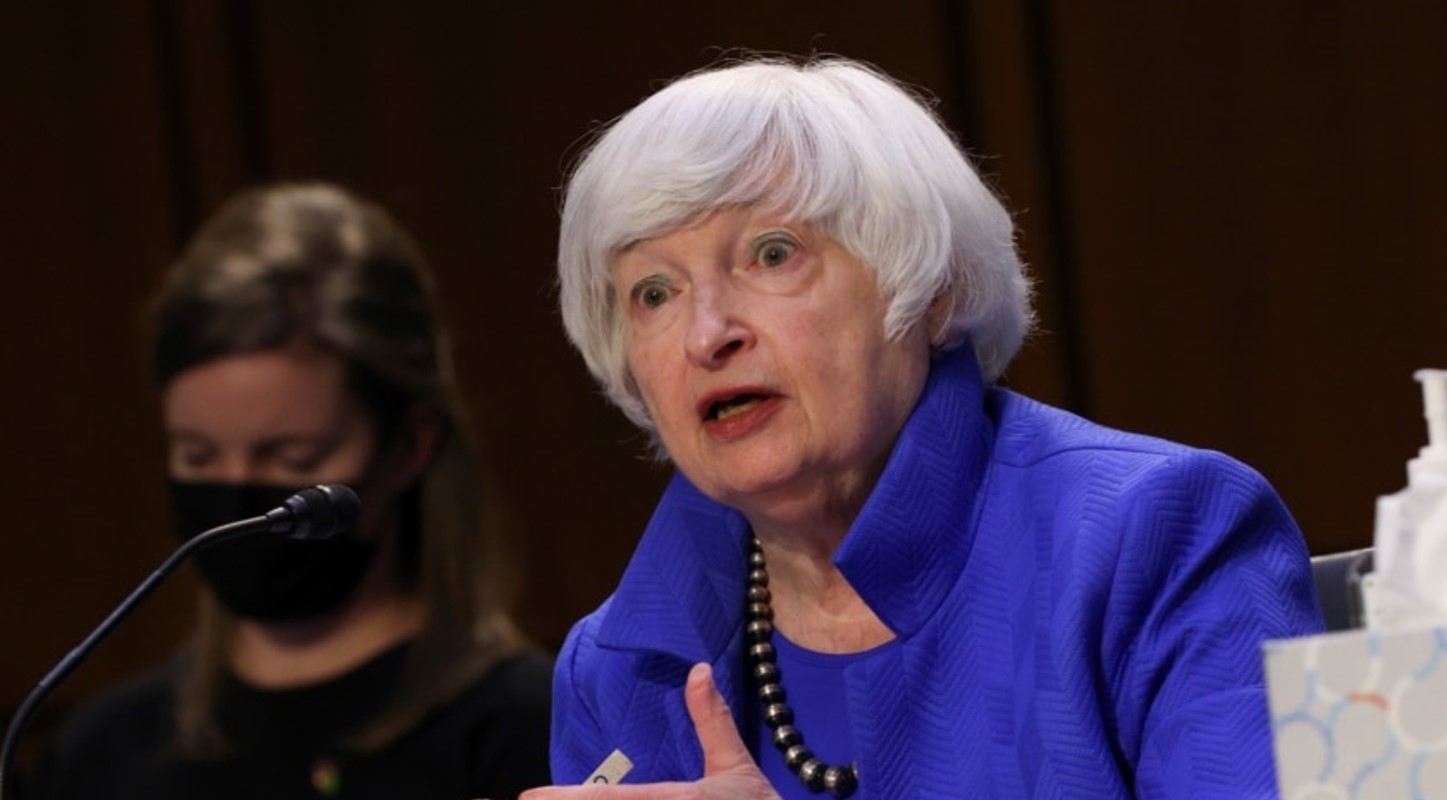Janet Ellen warned that the default, which could occur on October 18, would jeopardize the status of the dollar as the world’s reserve currency.
US Treasury Secretary Janet Ellen has warned lawmakers of the “catastrophic” consequences that could occur if Congress does not raise the statutory debt ceiling or suspend borrowing restrictions by October 18.
According to her, inaction can lead to a natural economic downturn and financial crisis.
At a hearing in the Senate Banking Committee, where she testified to Fed Chairman Jerome Powell, Ellen made it clear what she thought would happen if Congress did not agree on a maximum debt by that date.
The Treasury Department believes that the United States will face default on this day
“It would be catastrophic for the US economy, for global financial markets, and for the millions of families and workers whose financial security would be jeopardized by late payments,” Ellen said.
Yellen warned that the effects of inaction would be felt throughout the economy. According to her, the elderly may be threatened with the payment of pensions, servicemen will not know when their salary will come, and interest rates on credit cards, car loans and mortgages may increase.
She suggested that the default would jeopardize the status of the dollar as the world’s reserve currency, which Democrats say would be a gift to China.
Speaking to the National Enterprise Economics Association later Tuesday, Ellen suggested that an incapacitated Congress could pose a more serious economic threat than a pandemic.
“The closure of the government will damage our ability to respond to the pandemic and disrupt the normal functioning of the government,” she said.
“As painful as it is, the inability to solve the problem of debt limitation and non-fulfillment of our national obligations will be much worse. This is likely to provoke a historic financial collapse and lead our economy to recession, “said Ellen.
The federal government now owes $ 28.4 trillion
Congress has consistently raised the debt ceiling or eventually abolished it for a while to prevent the US from defaulting on debt, which could lead to a global financial crisis.
The federal government’s long-term loans are intended to pay for measures already approved by Congress, including assistance in the recovery of the US economy after the coronavirus pandemic.
Republicans have said they will support a separate bill that would allow the government to continue working until December, as long as budget talks continue, but not a document that combines these measures with an increase in marginal debt.
“We don’t want to help Democrats raise their debt trail while they make a reckless tax and a historic spending plan behind closed doors,” said Senate Republican leader Mitch McConnell.

